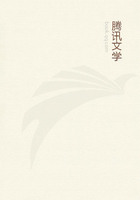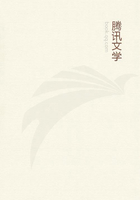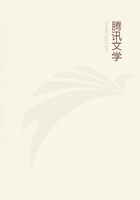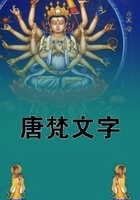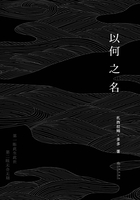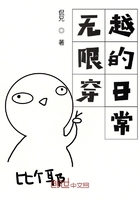I should no more be uneasy about this than about the number of syllables contained in the present paragraph, if I had not previously loved it for its own sake.
This pleasure and pain however, though not the authors of my determination, undoubtedly tend to perpetuate and strengthen it. Such is conspicuously the case in the present instance. The man who vigilantly conforms his affections to the standard of justice, who loses the view of personal regards in the greater objects that engross his attention, who, from motives of benevolence, sits loose to life and all its pleasures, and is ready without a sigh, to sacrifice them to the public good, has an uncommonly exquisite source of happiness. When he looks back, he applauds the state of his own affections;Chapter nd, when he looks out of himself, his sensations are refined, in proportion to the comprehensiveness of his sentiments. He is filled with harmony within;Chapter nd the state of his thoughts is uncommonly favourable to what we may venture to style the sublime emotions of tranquillity. It is not to be supposed that an experience of the pleasures of benevolence should not tend to confirm in us a benevolent propensity.
The hypothesis of disinterestedness would never have had so many adversaries if the complexity of human motives had been sufficiently considered. To illustrate this, let it be recollected that every voluntary action has in it a mixture of involuntary. In the sense in which we have used the word motive in an early part of this work, it is equally descriptive of the cause of action in both cases. Motive may therefore be distinguished, according to its different relations, into direct and indirect; understanding by the direct, that which is present to the mind of the agent at the time of his determination, and which belongs to every voluntary action, and to so much of every action as is voluntary; and by the indirect, that which operates without being adverted to by the mind, whether in the case of actions originally involuntary, or that have become so, in whole, or in part, by the force of habit. Thus explained, it is incontrovertibly evident that the direct motive to many of our actions is purely disinterested.
We are capable of self-oblivion, as well as of sacrifice. All that is strictly voluntary, in the beneficence of a man habitually generous and kind, commences from this point: if other considerations intervene in the sequel, they are indebted for their intervention to the disinterested motive. But, at the same time that this truth is clearly established, it is not less true, first, that the indirect and original motive, that which laid the foundation of all our habits, is the love of agreeable sensation. Secondly, it is also to be admitted that there is probably something personal directly and perceptibly mixing itself with such of our beneficent actions as are of a sensible duration. We are so accustomed to fix our attention upon agreeable sensation that we can scarcely fail to recollect, at every interval the gratitude we shall excite, or the approbation we shall secure, the pleasure that will result to ourselves from our neighbour's well-being, the joys of self-applause, or the uneasiness that attends upon ungratified desire. Yet, after every deduction that can be made, the disinterested and direct motive, the profit and advantage of our neighbour, seems to occupy the principal place. This is at least the first, often the only, thing in the view of the mind, at the time the action is chosen. It is this from which, by way of eminence, it derives the character of voluntary action.
There is an observation arising in this place which it seems of some importance to mention. Pure malevolence is the counterpart of disinterested virtue; and almost all the considerations that prove the existence of the one are of equal avail to prove the existence of the other. It is not enough to say, I choose the pleasure or pain of my neighbour for the sake of the gratification I have in contemplating it. This only removes the difficulty a single step, and will not account for the phenomenon of habit in either case. Both the one and the other are originally chosen with a view to agreeable sensation; but in both cases the original view is soon forgotten. It is as certain that there are human beings who take pleasure in shrieks and agony, without a prospect to anything further or different; as that the miser comes at last to regard his guineas with delight, independently of a recollection of the benefits they may purchase.
There is one further remark which, though by no means so conclusive as many that have been adduced, ought not to be omitted. If self-love be the only principle of action, there can be no such thing as virtue. Benevolent intention is essential to virtue. Virtue, where it exists in any eminence, is a species of conduct modelled upon a true estimate of the different reasons inviting us to preference. He that makes a false estimate, and prefers a trivial and partial good to an important and comprehensive one, is vicious. Virtue requires a certain disposition and view of the mind, and does not belong to the good which may accidentally and unintentionally result from our proceeding. The creditor that, from pure hardness of disposition, should cast a man into prison who, unknown to him, was upon the point of committing some atrocious and sanguinary action, would be not virtuous but vicious. The mischief to result from the project of his debtor was no part of his motive; he thought only of gratifying his inordinate passion.

